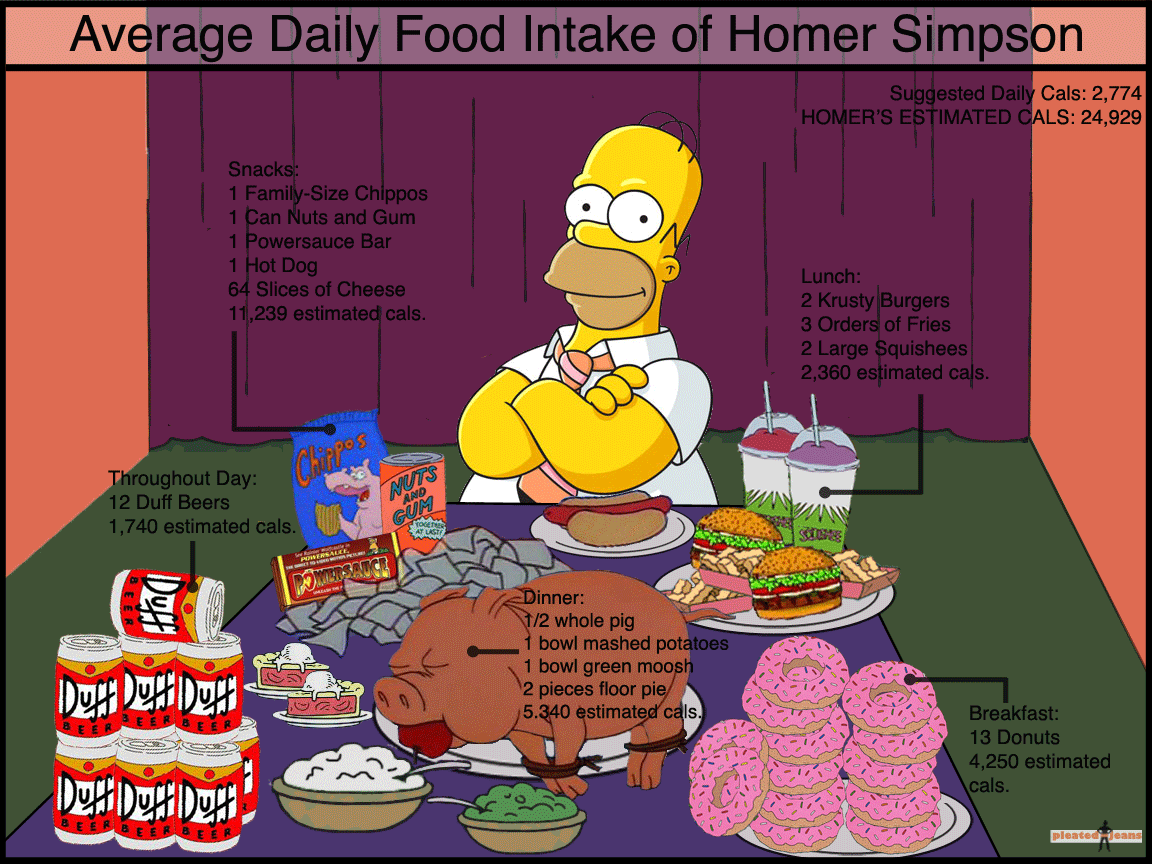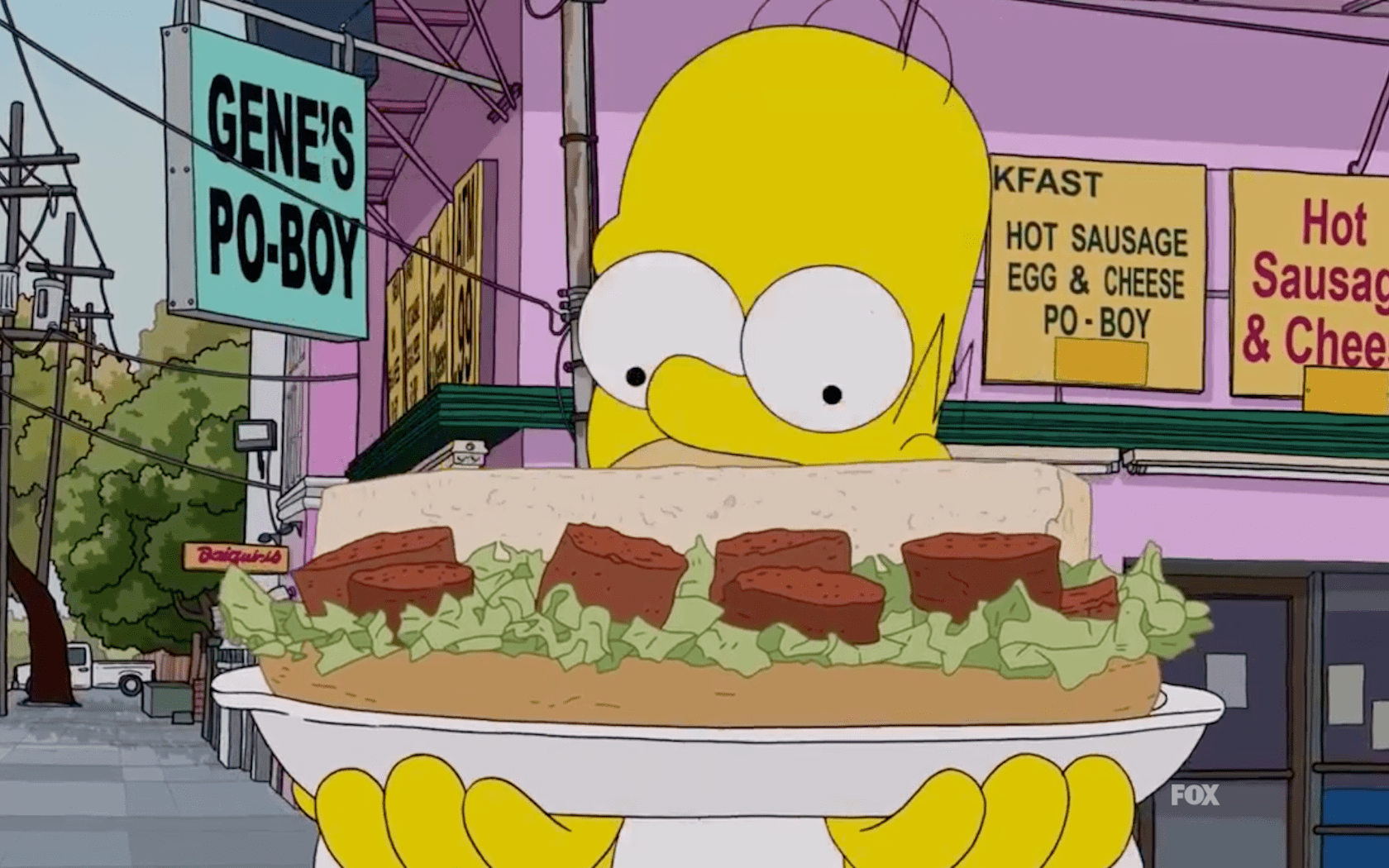Homer meals – Homeric meals, as depicted within the epic poems Iliad and Odyssey, provides a tantalizing glimpse into the culinary global of historical Greece. From Homer’s personal gluttonous dispositions to the frilly feasts served within the halls of Olympus, meals performed a central function in Homeric society, symbolizing hospitality, wealth, and gear.
This complete information delves into the gastronomic delights of Homer’s epic masterpieces, exploring the cultural importance of meals, Homer’s function as a culinary gourmet, and the evolution of Greek delicacies from Homer’s time to the current day.
Homer’s Culinary Prowess: Homer Meals

Homer’s epic poems, the Iliad and the Odyssey, supply a glimpse into the culinary behavior and personal tastes of the traditional Greeks. Meals performed an important function in Homeric society, each as a supply of sustenance and as an emblem of hospitality and standing.
Homer’s Consuming Conduct
Homer’s heroes had been recognized for his or her voracious appetites. They feasted on roasted meats, contemporary bread, and candy honey. Meat used to be a specifically prized meals, and Homer incessantly describes his characters taking part in complete roasted oxen or sheep. Wine used to be additionally a staple of the Homeric nutrition, and it used to be incessantly blended with water to create a extra palatable beverage.
Meals in Homeric Society
Meals used to be extra than simply sustenance in Homer’s time. It used to be additionally a approach to display hospitality and to honor visitors. Hosts had been anticipated to supply their visitors with the most productive food and drinks that they might manage to pay for. Meals used to be extensively utilized to mark particular events, reminiscent of weddings, funerals, and non secular gala’s.
Homer as a Gourmand of Meals, Homer meals
Homer himself used to be obviously a gourmet of meals. He describes his characters’ foods in nice element, and he incessantly makes use of meals so that you can symbolize them. As an example, the hero Odysseus is understood for his love of roasted red meat, whilst the goddess Athena is claimed to choose easy fare, reminiscent of bread and cheese.
Meals as a Image in Homer’s Works

In Homer’s epic poems, “Iliad” and “Odyssey,” meals serves as a multifaceted image, embodying profound topics and conveying crucial cultural values. It represents hospitality, wealth, energy, and sustenance, taking part in a pivotal function in shaping the narrative and revealing the characters’ motivations.
Hospitality and Neighborhood
Meals is central to the concept that of hospitality in Homer’s works. Hosts are anticipated to supply food and drinks to their visitors, because it is regarded as an indication of admire and a approach to display honor. The act of sharing meals creates a way of group and strengthens bonds between folks.
As an example, within the “Odyssey,” Telemachus and his partners are warmly welcomed by means of Menelaus and Helen in Sparta. They’re served a lavish ceremonial dinner, and Telemachus is handled with nice kindness. This scene underscores the significance of hospitality in Greek tradition and the function of meals in fostering connections.
Wealth and Energy
In Homer’s society, wealth and standing are incessantly displayed during the intake of sumptuous meals. Wealthy folks host lavish banquets and serve unique dishes, demonstrating their wealth and gear. Meals turns into an emblem of abundance and privilege.
Within the “Iliad,” Agamemnon’s ceremonial dinner for the Achaean leaders serves for instance of this ostentatious show of wealth. The ceremonial dinner is described in nice element, with all kinds of dishes and wines. Agamemnon’s talent to supply this sort of lavish ceremonial dinner highlights his standing as an impressive king.
Sustenance and Power
Meals is very important for survival and sustenance in Homer’s works. Characters incessantly depend on meals to fill up their energy and effort, particularly after battles or lengthy trips. Consuming meals is noticed so that you can repair well being and energy.
Within the “Odyssey,” Odysseus and his workforce face many demanding situations and hardships all over their adventure. Meals turns into a an important component of their survival. They hunt for sport, accumulate berries, and scavenge for meals to maintain themselves.
The Evolution of Homeric Delicacies
Greek delicacies has a wealthy and various historical past, relationship again to the time of Homer. Homer’s epic poems, the Iliad and the Odyssey, supply precious insights into the culinary practices and nutritional behavior of historical Greece.
Over the centuries, Greek delicacies has developed considerably, influenced by means of quite a lot of cultural and geographical components. Alternatively, lots of the dishes and elements that had been in style in Homer’s time stay staples of the Greek nutrition these days.
Staple Substances
One of the crucial maximum commonplace elements utilized in Homeric delicacies come with:
- Wheat and barley: Those grains had been used to make bread, porridge, and different dishes.
- Olives and olive oil: Olives had been a staple meals in historical Greece, and olive oil used to be used for cooking, dressing, and maintaining meals.
- Grapes and wine: Grapes had been grown all through Greece, and wine used to be a well-liked beverage.
- Meat: Meat used to be eaten on particular events, and the most typical forms of meat had been lamb, red meat, and pork.
- Fish and seafood: Fish and seafood had been additionally eaten, particularly in coastal spaces.
Homeric Recipes for the Fashionable Kitchen

Homer’s epic poems, the Iliad and the Odyssey, be offering a tantalizing glimpse into the culinary global of historical Greece. Whilst lots of the dishes described in those works might appear unfamiliar to trendy palates, they supply a captivating window into the consuming behavior and personal tastes of our ancestors.
On this segment, we will be able to discover a few of Homer’s favourite dishes and supply step by step recipes for getting ready them within the fashionable kitchen. We will be able to additionally delve into the ancient context and anecdotes surrounding those culinary creations, providing a deeper figuring out in their importance in Homeric society.
Melithoplakous
Melithoplakous, or “honey desserts,” had been a well-liked dessert in historical Greece. They had been made with a mix of flour, honey, and sesame seeds, and had been incessantly served at feasts and celebrations.
Substances:
* 1 cup all-purpose flour
- 1/2 cup honey
- 1/4 cup sesame seeds
- 1/4 cup water
Directions:
- Preheat oven to 350 levels F (175 levels C).
- In a big bowl, mix flour, honey, sesame seeds, and water.
- Combine till neatly mixed.
- Unfold combination lightly onto a greased baking sheet.
- Bake for 15-20 mins, or till golden brown.
- Minimize into squares and serve.
Ancient Context:
Melithoplakous had been incessantly discussed in Homer’s works, specifically within the Odyssey. They had been a favourite of Odysseus and his workforce, who loved them as a candy deal with all over their lengthy adventure house.
Meals and Hospitality in Homer’s International
Hospitality used to be a elementary facet of Homeric society, deeply rooted in spiritual and social values. It used to be regarded as a sacred accountability to welcome and maintain visitors, offering them with meals, refuge, and coverage. Meals performed a central function on this custom, symbolizing generosity, honor, and the bonds of friendship.
Communal Eating and Social Relationships
Communal eating used to be an important social match in Homer’s global. It fostered a way of group and reinforced social relationships. The shared meal used to be a time for dialog, laughter, and the change of stories and tales. The meals served incessantly mirrored the standing and wealth of the host, however it used to be additionally some way of revealing admire and appreciation for the visitors.
Questions Regularly Requested
What used to be Homer’s favourite meals?
Homer’s favourite meals isn’t explicitly discussed in his works, however he ceaselessly describes elaborate feasts that includes roasted meats, contemporary end result, and candy pastries.
How did meals signify wealth and gear in Homer’s time?
In Homeric society, lavish feasts had been a show of wealth and standing. Kings and nobles hosted grand banquets to provoke visitors and show their energy and affect.
What’s the importance of communal eating in Homer’s works?
Communal eating performed a very important function in Homeric society, fostering social bonds and strengthening group ties. It used to be a time for sharing meals, tales, and laughter.

